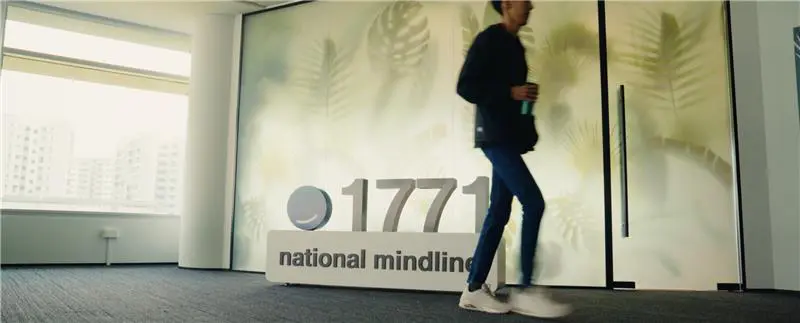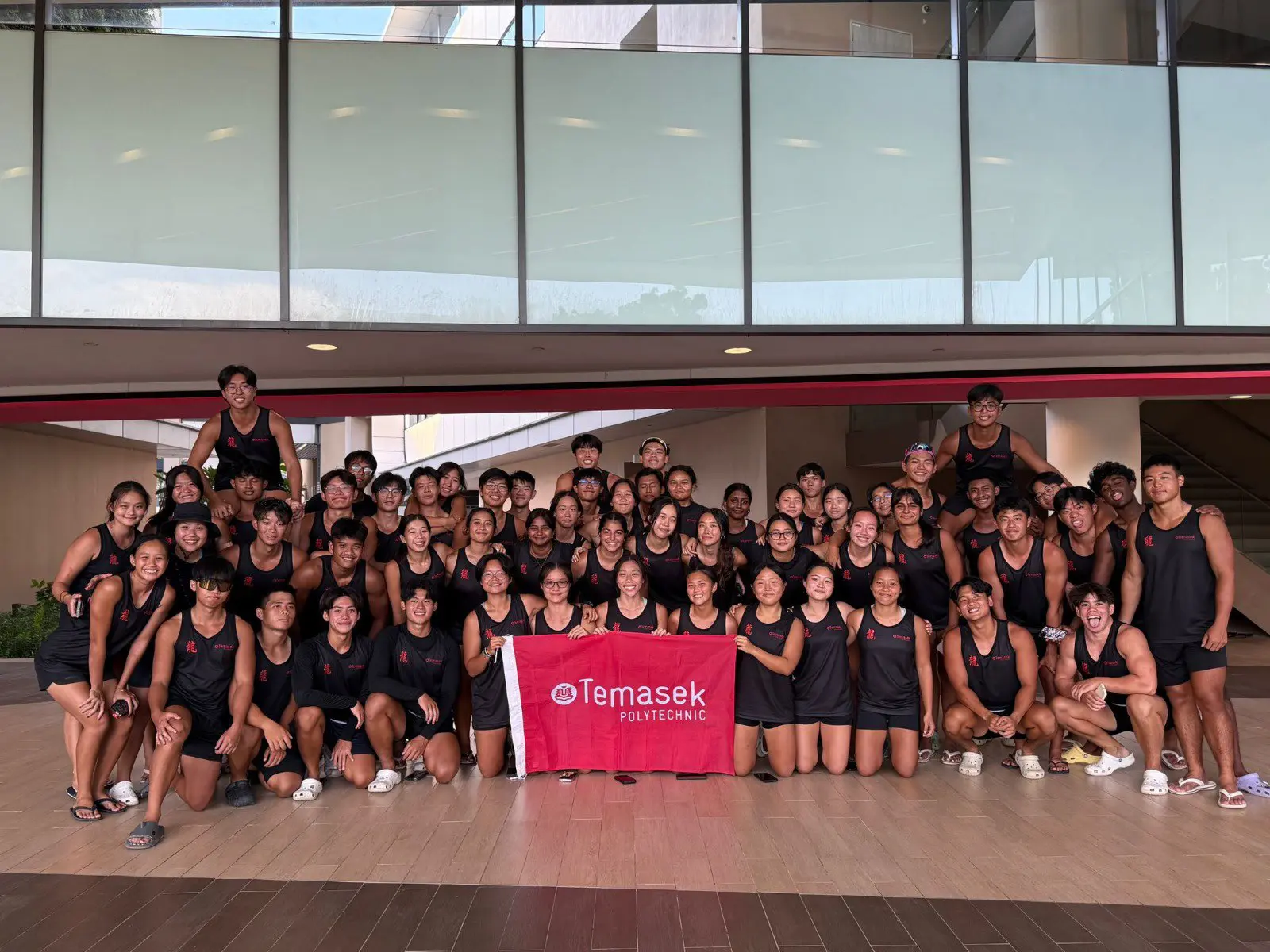
STUDENT LIFE
Discover your passion
LIFELONG LEARNER
Upskill with us
PARENTS
Explore parent resources
INDUSTRY PARTNERSHIPS
Partner with us
TP IN THE SPOTLIGHT

Are you halfway through your polytechnic journey and already planning life after your diploma? Or gearing up for graduation and wondering how to take that next big step into university?

Temasek Polytechnic (TP) has partnered with NETS to introduce a certificate pathway recognising students’ proficiency in digital payments through the use of NETS QR.

This year, Temasek Polytechnic proudly celebrates its 35th anniversary. Since 1990, TP has stood as a dynamic force in Singapore’s educational landscape, empowering students to grow academically, professionally, and holistically. As we mark TP35, we celebrate the people and progress that have shaped our journey.

Our Institute knows passion.
Students from Temasek Polytechnic (TP) boast skills both in and beyond the classroom.

Rewriting My Future: The Power of Upskilling at TP

Early Admissions Exercise: What to Expect When Enrolling

The article spotlights the St Bernadette Lifestyle Village@TP launch event. The assisted living facility that exists within the campus ground is the first of its kind. It also underscores the diplomas that would have an opportunity to leverage from this programme – enhancing their knowledge and skills within their respective disciplinaries through practical, hands-on experiences.

The story spotlights Portia's academic journey and her successful entrepreneurship, Resurrack. Between juggling the demands of her studies and running her own business, Portia was named valedictorian of her cohort, whilst winning one of the Polytechnic-Level Award, the Pan Pacific Award for All-Around Excellence.
OUR TP PRIDE

Launch of Ministry of Health, SG - National Mindline

987 Star Winner

Community Service Excellence Award Winner

Temasek Polytechnic Community Service Excellence Award

Worldskills 2025

NTUC May Day Awards 2025

One Paddle North East

Institute-Varsity-Polytechnic (IVP) Games AY2024/2025

46th STORM Japan Open Bowling Championship
Address
21 Tampines Ave 1, Singapore 529757
Opening Hours
Mondays to Fridays: 0630 - 2230 hrs
Saturdays: 0630 - 1800hrs
.webp)











